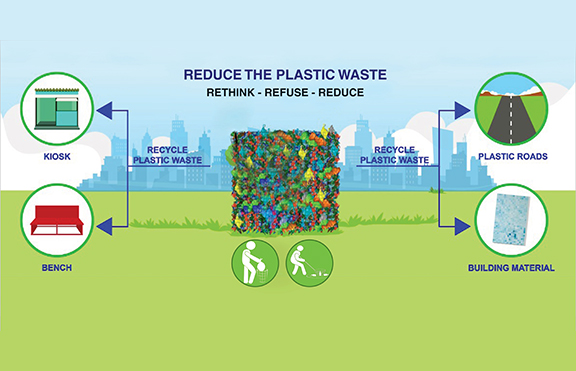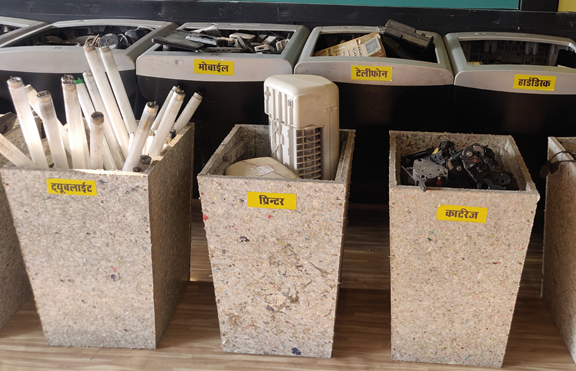As a science-based conservation and educational institution, we help corporations and businesses in developing learning programmes for their employees and stakeholders on environmental sustainability. The employees trained in these programmes help their organisations in creating environmentally sound initiatives and sustainable business practices. Here is a brief overview of some of the learning programmes:
The programme includes sessions with scientists on understanding changing climate and an overview of the science of climate change with specific sessions on sectors such as forests and biodiversity, water resources, agriculture, energy efficiency and sustainable technology.
It has sessions with technology experts and practitioners with a focus on carbon and water footprint and mitigation measures. The participants explore their personal attitudes and values and create a network of those who inspire climate-related actions at the workplace.
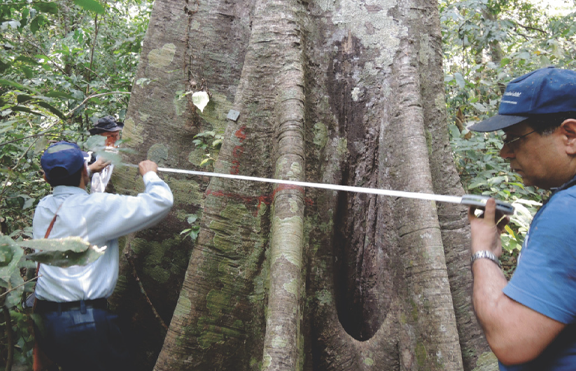
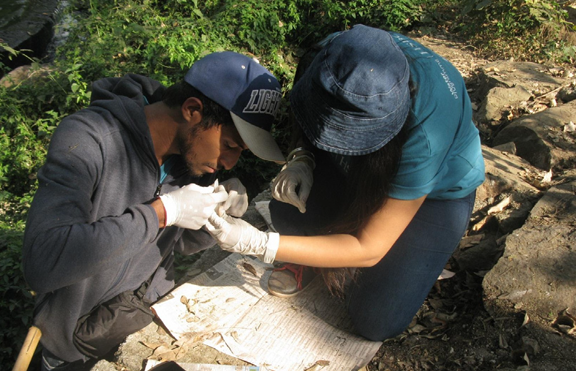
The programme includes sessions with scientists and subject experts on understanding the Sustainable Development Goals (SDGs). It helps the participants to learn about the interconnections between environment, society and economy through understanding the links between the SDGs. It has sessions on case studies with experts and practitioners on what individuals and businesses could do to contribute to sustainable strategies and responsible consumption and production. The participants explore their personal attitudes and value and create a network of sustainability leaders in the workplace.
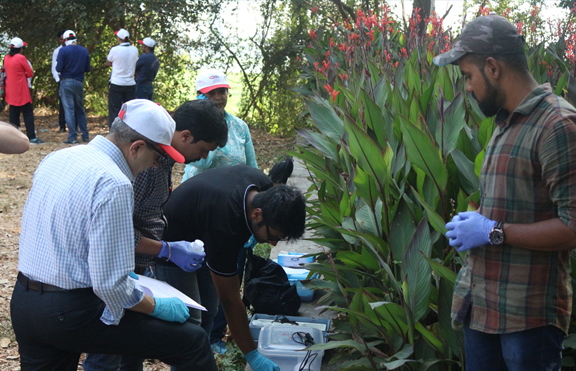
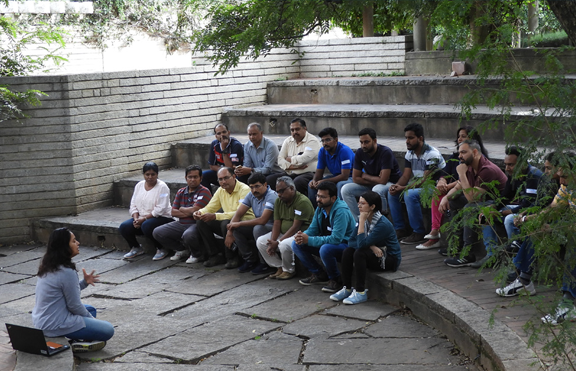
The programme includes sessions with scientists and water experts on understanding freshwater related issues with a focus on water quality. Fresh Water Watch aims at creating awareness on the conservation of water resources, lakes and water bodies and the importance of clean water for health and well-being. Our learning modules give you an understanding of the freshwater challenges. As a citizen scientist, you will get an opportunity to monitor water quality to support scientific studies. You will measure pH, TDS, turbidity, nitrate, phosphate and visual parameters.
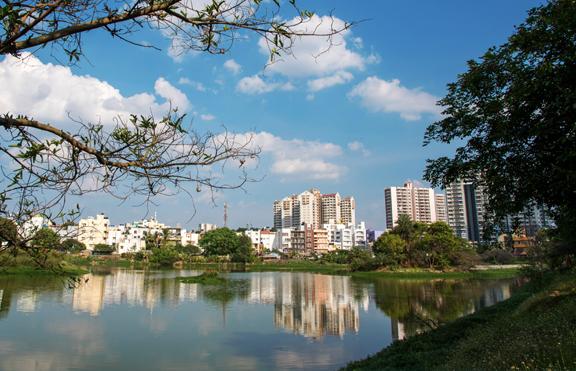
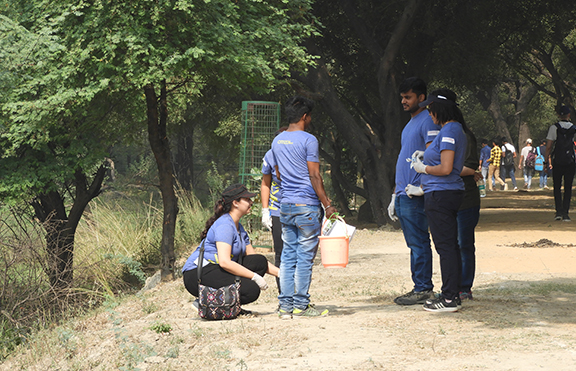
The programme will focus on the conservation of urban forests, lakes and water bodies. Forests are the lungs of the urban environment. Many cities have a rich legacy of freshwater bodies and lakes. Urban forests and water bodies function as a key ecosystem to provide essential environmental services and perform vital ecological functions. They also provide much needed recreational and aesthetic space in our towns and cities.
The programme includes sessions with scientists on developing an understanding of the importance of urban forests. As a citizen scientist, you will use scientific methods to learn about trees by the DBH measurement/tree diameter to estimate the volume, biomass, and carbon storage of trees. You will learn about the forest ecosystem and their role in ecological functions such as carbon storage, nutrient cycling, water and air purification. The programme would include sessions with experts on the role of lakes and water bodies in supporting biodiversity and bird species, and recharging groundwater aquifer. You will monitor trees, birds and pollinators as part of the programme using our mobile applications as field guides, such as ‘Tree Watch’ ‘Bird Find’ ‘Pollinators’ and ‘Bees and Butterflies’.
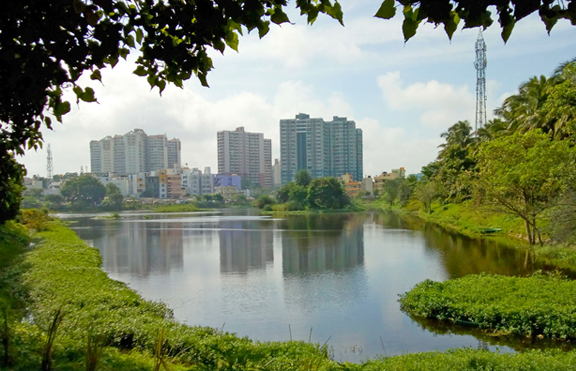
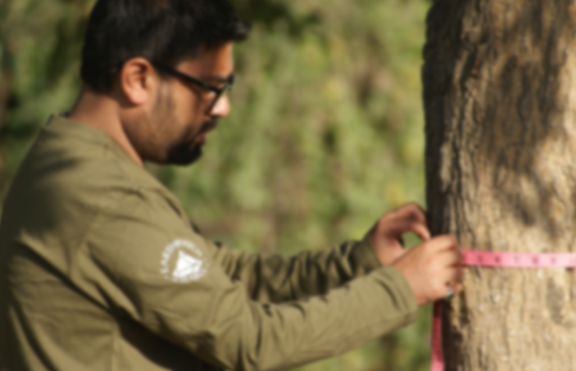
Air quality impacts people from all walks of life. It has an impact on human health and well-being. As a citizen scientist, you will work with meteorologists and air quality scientists to monitor air pollution. You will get an opportunity to monitor the air quality on the campus as part of the programme. You will also get a chance to interact with students and teachers to hear about the Healthy Air programme in schools. Knowledge and understanding of air pollution help us realise that the environment is central to our lives, and the air is a resource that we all share and must take care of it. You can create plans for simple positive actions to reduce air pollution in and near your campus.
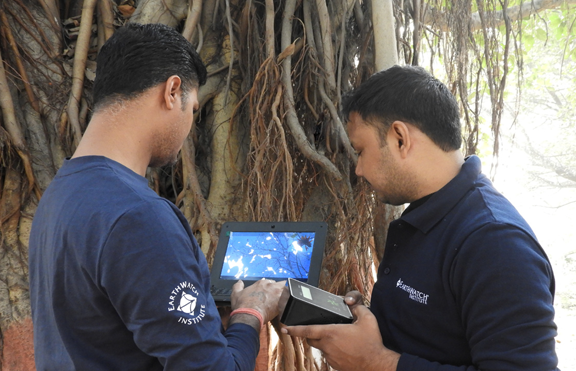
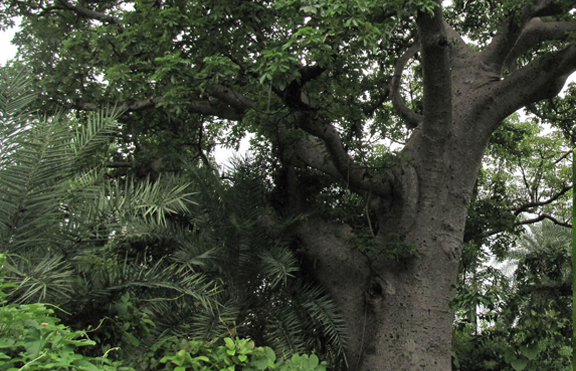
Eco-Weather Watch is a citizen science programme on weather and meteorology science, providing field-based and hands-on experience in measuring and recording weather-related data. At the core of the programme is the experience of being part of a team with weather and meteorology scientists.

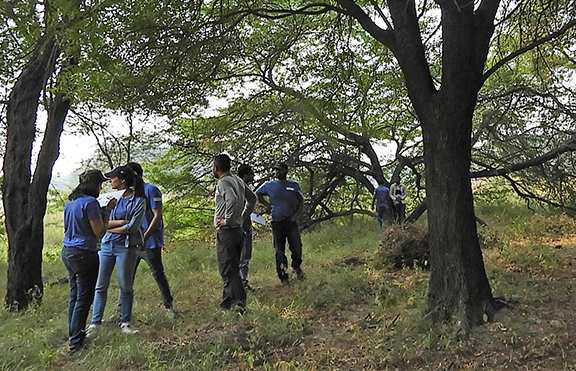
Biodiversity and Agriculture are interdependent. Conservation of biodiversity is essential for the sustainable production of food and agriculture products. Sustainable agriculture promotes and is enhanced by biodiversity. The programme includes sessions with scientists, ecologists, agricultural experts, farmers and professionals working in the agro sector on sustainable farming practices. The programme builds awareness and understanding of the conservation of natural resources and its significance in sustainable farming practices. It uses assessment tools that give you a perspective and understanding of conservation of soil, terrestrial and aquatic biodiversity. The programme also addresses organic farming, water conservation and climate-related aspects.
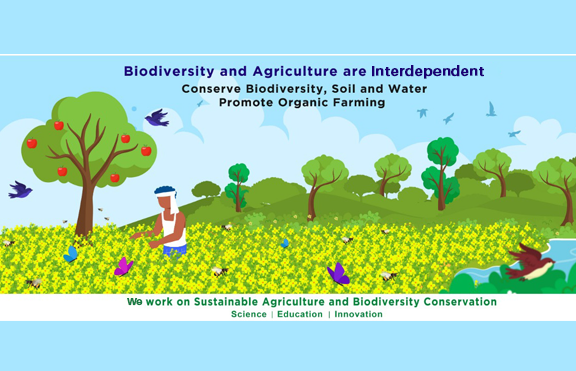
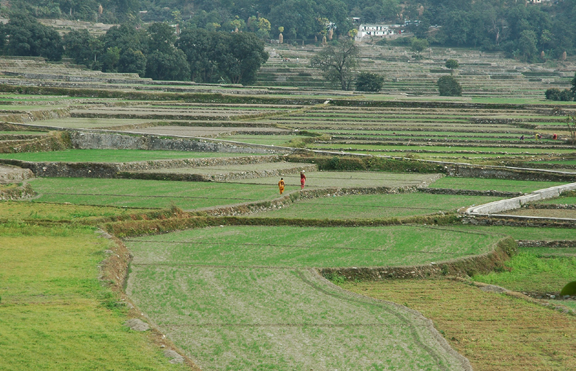
Our science-based learning programme will help you learn about bees and butterflies and their role as pollinators. As a citizen scientist, you will identify and monitor the bees and butterflies using our mobile application, ‘Pollinators’ as a field guide. Using the handy counters, you will count the bees. You will also learn about making your garden pollinator-friendly.
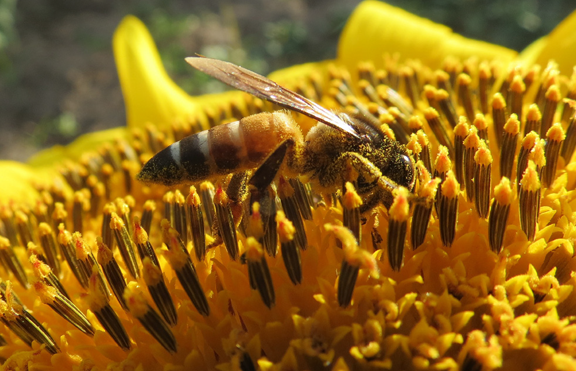
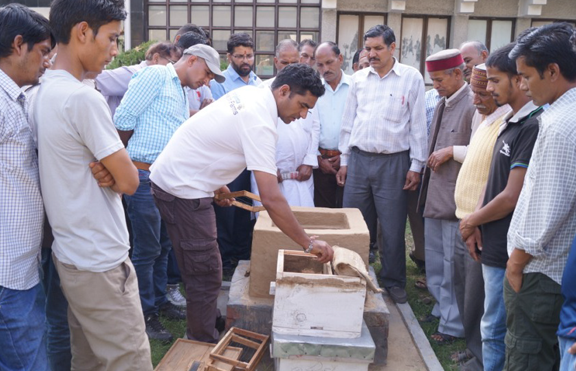
The programme will engage you on a wide range of issues concerning plastic pollution through specially curated learning modules, supported by scientists, engineers, technology experts and social entrepreneurs. It will increase your understanding of plastic pollution and sustainable waste management practices, recycling and upcycling plastic waste and the use of plastic waste in road construction and building material. The programme includes sessions with a focus on scientific research and innovation, recycling and upcycling of plastic waste and skill development of self-help groups.
